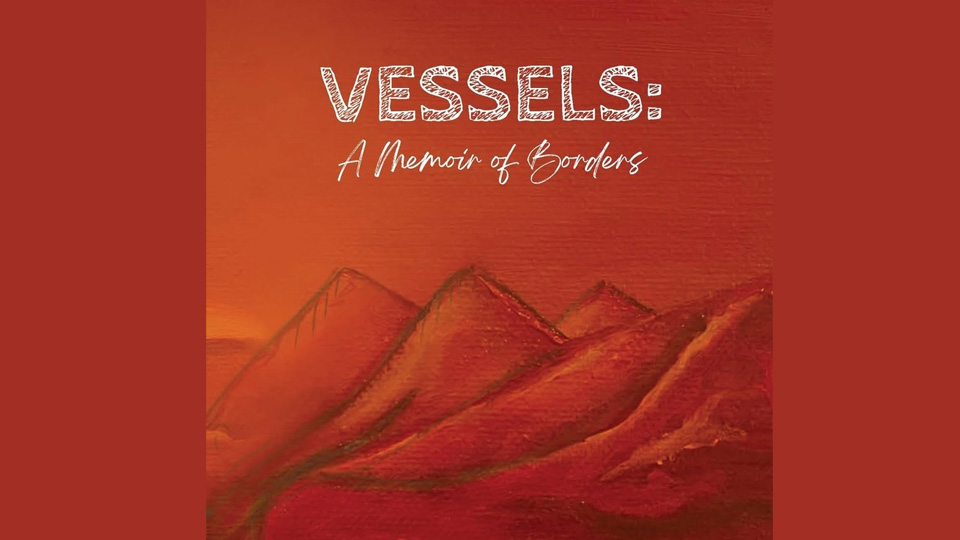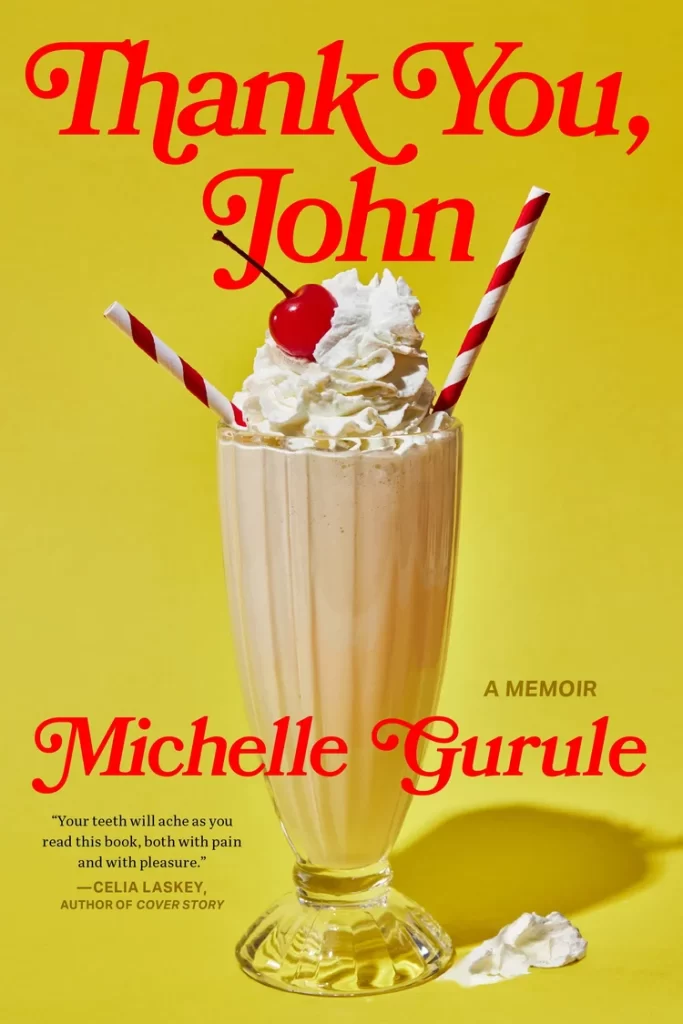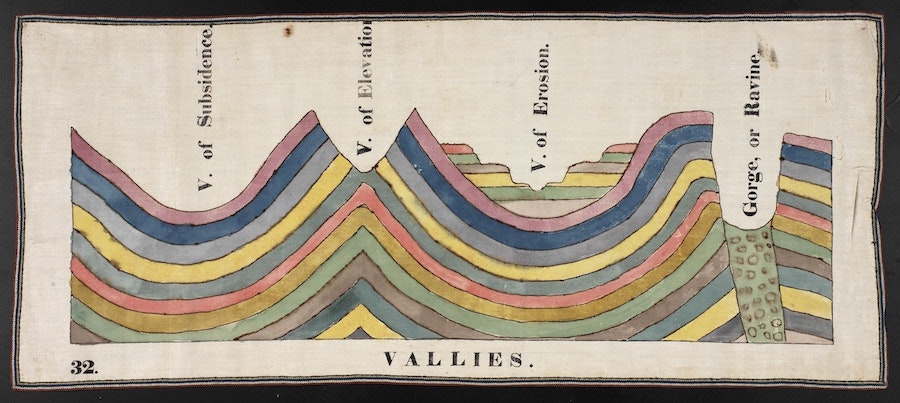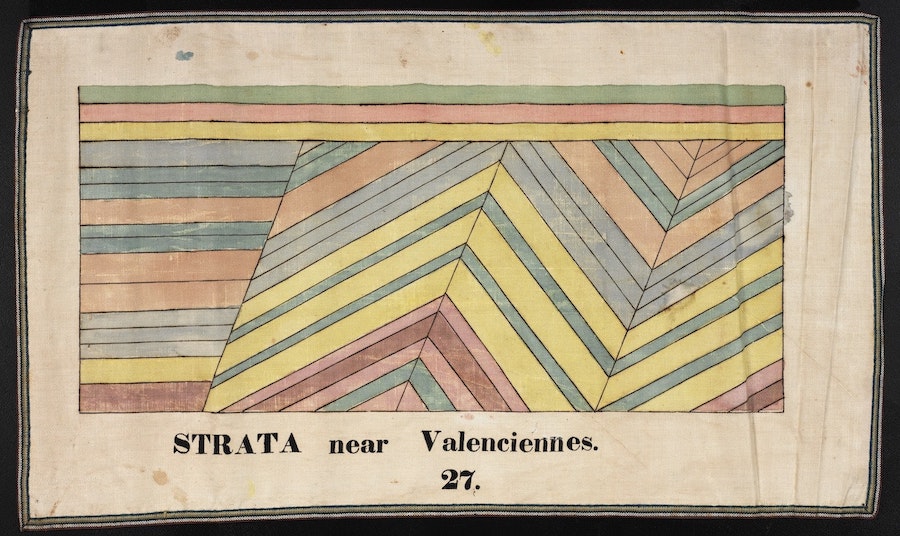Next to me someone asks, “What inspired the order of your book?” Michelle Otero smiles broadly and explains that she had a bunch of pieces written but didn’t know the order.
She felt it was important to acknowledge the trauma and recreate that sense. She tells us of a curanderismo course she participates in and the ceremony of the four directions, how that resonated with her as she wandered through the memories, the order making sense to her path. She speaks of throwing her writings up in the air and letting them fall, picking up the pieces as felt right. She wishes she could be like Tony Stark and move her ideas around on translucent panels before her face… but she is not, so she makes do with note cards pasted to sliding glass doors. Ultimately she says the structure came from Spirit and remarks that her chapter title “El Ombligo”, the navel, is her journey back to herself. This feels fitting after the journey we’ve taken through her writing.
It’s a bright warm morning on Friday, November 3rd, 2023 and I am sitting in Greg Martin’s Intermediate Creative Non Fiction course. Our group of aspiring writers is lucky enough to be gathered around Michelle Otero, Poet Laureate of Albuquerque from 2018-2020, professional coach and published writer. We are discussing her most recent publication, Vessels: A Memoir of Borders. In this story Michelle pulls the reader through memories of her life and allows us to walk with her in visions of her ancestors. We meet her family: her grandparents, parents and one of her brothers. We travel with her on the long bus ride through Mexico. We see her as a published author struggling with how sharing her truth created separation with family. We join a circle of sacred women and experience the helplessness one feels when abuse is happening right before our face. In each moment she manages to effortlessly pull us in with deep descriptions of objects, places, conversations and feelings.
In her writing, she works to make sense of the past: the love, the connection, the hurt, the abuse, the pain. The reader witnesses Michelle’s own self-doubt and struggles with worthiness. It is a journey searching on the surface for what it means to love but truly looking at what it means to heal through the pulling apart of self and learning to love each piece, trust it, and protect it.
Michelle shares that she had the title very early on. She explains that vessels can be simple; they don’t have to be ornate. They can be made of clay and after a time can crumble back into the earth. They speak to blood and ties and conveying from one side of a border to another. She challenges us to consider, “What do I hold? What do I let go? What should remain?” She reminds us that a vessel can carry inheritance, ultimately suggesting that what we choose to carry, we pass on.
Her characters are offered upon the page with an abundance of love and compassion wound intricately with flaws, hurts and misfortune. “Write with great love and that will show up on the page,” Michelle tells us. She credits this lesson to Sandra Cisneros, fellow strong voice, educator and famous Chicana writer and poet. Honesty is the most important thing; it means warts and all. Michelle describes the women of her family sitting around the table talking about her grandmother. The stories carry the most dreadful things and yet there is laughter in remembering them. If there is an elephant in the room, it is better to address it with love. It is a service you do for your character to tell the truth. She gives the example of her grandfather who suffers with PTSD from his time at war. Often PTSD is seen as a badge of heroism for time in service of one’s country, but it lacks taking account for what it continues to cost the survivor. It doesn’t dive into the deeper effects or the truth that it is not okay to be left so broken.
There are moments she admits that it was hard to be the one who was doing the work of self-reflection and such deep personal healing. “Why do I always have to be the one?” she grumbles but then she smirks and quickly states she would much rather be the one who is capable of this work and for that she is thankful. “My perfectionist is a slacker,” she laughs, referring to healing and listening to all the sides of oneself. She encourages us to give each side of ourselves an opportunity and to be curious about our shadows, allowing them to show up even if they are the guest we didn’t invite. We are reminded there is no end point of healing but that it is a journey. You can feel more resilient through time but there will be moments when things still flatten you. She tells us that over time she has built “vast reservoirs of joy” to pull from, a beautiful note that mirrors the hopeful ending to her memoir.
In Vessels, Michelle Otero lays herself down in front of us with gaping wounds, asks us to share with her, and makes it clear that there is no easy way through. She writes, “You want me to say that each of us undoes the damage, finds a way to live, creates her way out of misery. We write to heal our wounds.” Michelle’s book is a testament to the power of words and the journey of self-discovery.
Vessels: A Memoir of Borders was published in 2023 by Flowersong Press. It can be purchased locally in Albuquerque, New Mexico at the following locations:
Bookworks, Albuquerque Museum Store
Or nationwide via Amazon, Barnes & Noble




